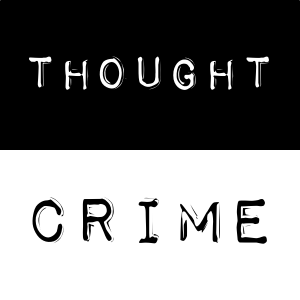Good literature enlightens; great literature inspires action
Some may believe that literature’s role is largely archival, that it simply records moments of human endeavour and imagination, thereby making the great literary canon simply a vault, into which we place the best of our creativity and criticism for the interest and amusement of future humans. However, the great literature of the dystopian genre has blown the door of that vault wide open and quite literally influenced the future, shaping our present day reality through its politics, its ideas, its language and its dire warnings.
Without George Orwell’s seminal dystopia, “Nineteen Eighty Four”, the insidious effects of the gradual erosion of our individual privacy may have passed by without our notice. Without his invention of the ‘telescreens’ where “There was of course no way of knowing whether you were being watched at any given moment. How often, or on what system, the Thought Police plugged in on any individual wire was guesswork. It was even conceivable that they watched everybody all the time,” our ability to conceptualise the harms that may come from the passive surveillance inherent in the internet would be lacking some of its most powerful language. Without Orwell, there would be no “Big Brother”, and without BB, how would we form an effective argument against the apparent truism that ‘if you’re not doing anything illegal, you have nothing to fear from being watched’. The actions of modern-day heroes (or traitors, depending on your politics) like Edward Snowdon, who exposed the wholesale surveillance of the entire US population by their National Security Agency, would have meant nothing to us.

0 Comments
Trackbacks/Pingbacks